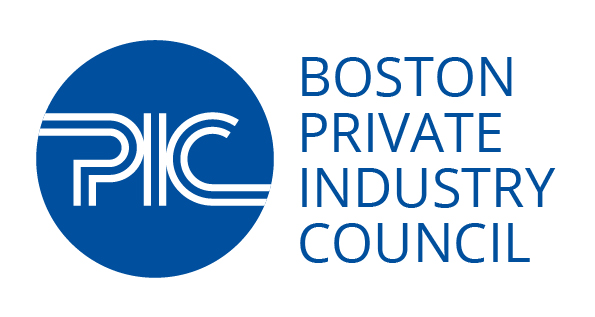The Healey-Driscoll Administration’s Workforce Skills Cabinet, comprised of the Secretaries of Economic Development, Education, Labor and Workforce Development, and Health and Human Services, relaunched a regional planning process to identify critical labor supply gaps and engage stakeholders with strategies to close them. Together with the MassHire Metro North Workforce Board and the MassHire Metro South/West Workforce Board, the PIC has developed an updated Greater Boston Regional Workforce Planning Blueprint with input from education, industry and economic development partners.
The purpose of the initiative is to guide policy making and public investment and to align workforce development, education, economic development, health and human services activities in the context of regional labor markets. Specifically, the Greater Boston goals are:
- Align workforce development and education (K-12 and higher education) to be responsive to the labor market by reducing skill gaps in ever-evolving high-demand fields
- Leverage existing training programs or implement new programs that will ensure consistency of work readiness skills in our workforce
- Influence business and policy decisions to allow underrepresented segments of the population to achieve better employment outcomes
Read the Blueprint
Priority Industries
The Steering Committee conducted an impact demand analysis and identified two industries as most important to the region’s economic success:
Healthcare and Social Assistance
The healthcare industry is the largest sector in terms of employment and ranks near the top in terms of growth in all three workforce areas that comprise Greater Boston. Healthcare is a dynamic and continuously evolving industry that offers employment opportunities at all levels and the potential for advancement.
Information Technology
Information technology crosses several industries including banking, insurance, and retail as well as large technology companies and startups.
